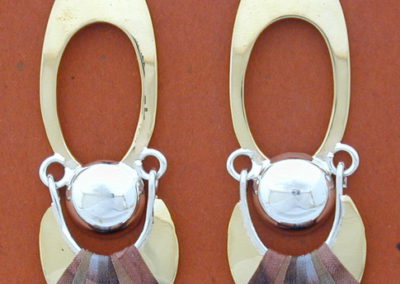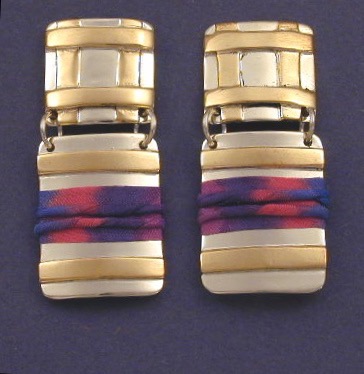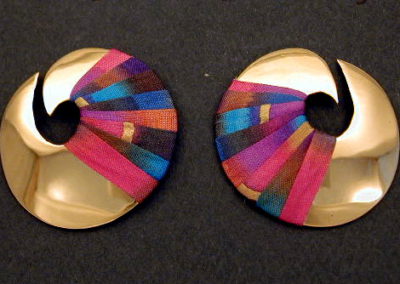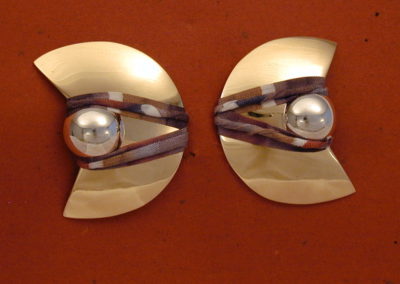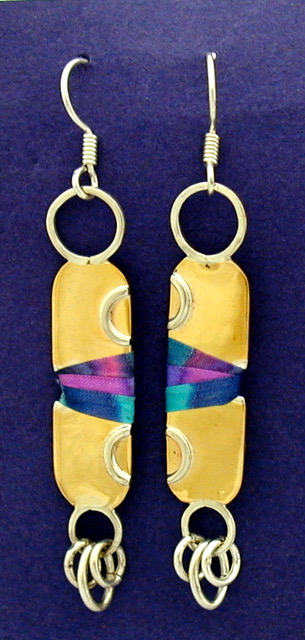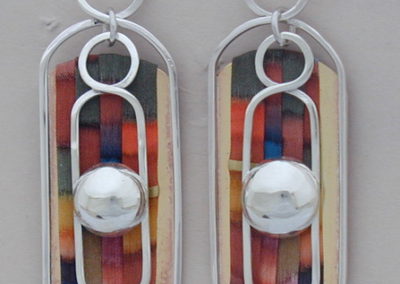Mystic Crystal Revelations
More than any other director than I can think of, Tarkovsky’s films could be strung together from first to last and represent a continuous fugue in which the artist’s grappled with the same challenge repeatedly and resolved some different aspect of it, each time, in some fascinating and inventive new way.
Double Helix
Experience accumulates and organizes itself as knowledge along great forked trunks, branched, limbed and twigged networks in our minds. Tarkovsky’s camera conducts itself along similar lines.
To Criticize our Own Judgment
The intention of the filmmaker determines whether what they make will contribute more to culture or commerce. Tarkovsky speaks of art as an act of sacrifice for the sake of love and as a potential unifier of humankind. What a thing to say in a book about filmmaking.
Acrobatic Ideas
Tarkovsky would say the experience of the present is elusive, a slippery one where anything could yet develop. The past is certain, it is therefore more solid. Evidently even a sculptor in time seeks something substantial for his chisel.
Art and Conscience
In “Andre Rublev”, Tarkovsky’s application of the theater of cruelty is fashioned to nourish pity, tug at the heart and urge us toward compassion and harmony. He intends for me to empathize with his victims.
The Artists Views
…As in a mirror, an icon, a riddle. I see life eternal which is nothing less but that blessed regard, that gaze of love that never ceases to behold me even in the most secret places of my soul.” Cusanus (1401-1464)
If words could say everything, then we would need nothing else.
Art reaches us through our imagination and through our senses. Our senses are all going to have a common reaction to certain stimuli; that’s one thing great art understands. It seems to me an artist depends on the fact that essential associations will carve predictable lines through common precincts in our brains.
Unexplainable But True
He tells her to throw away the book of translated poems she’s reading because “poetry, the whole of art in fact, is untranslatable.” This is Tarkovsky’s retort to the Soviet censors whose state he has fled in his quest for artistic freedom.
Mise en Abyme
It sure seems like it would be a nice time for a poet to make love to the beautiful and intelligent admirer with some of the passion she’s just finished devouring in the pages of his poetry. He takes the book from her, shuts the door again and throws it across the room. It lands in the corner. What is wrong with this guy? I think I know. I can’t answer for his love life, but what’s a piece of art to an artist after it’s made? A former mistress.
Malaise of the Future Past
I should clarify here that it doesn’t seem as though Tarkovsky was much influenced by his critics. His retorts were formal, not personal. They changed nothing of the way he experimented and searched. His films are sincere acts of faith, self-sacrifice even. There’s nothing petty about them. He’s not messing with anybody’s head but his own.


